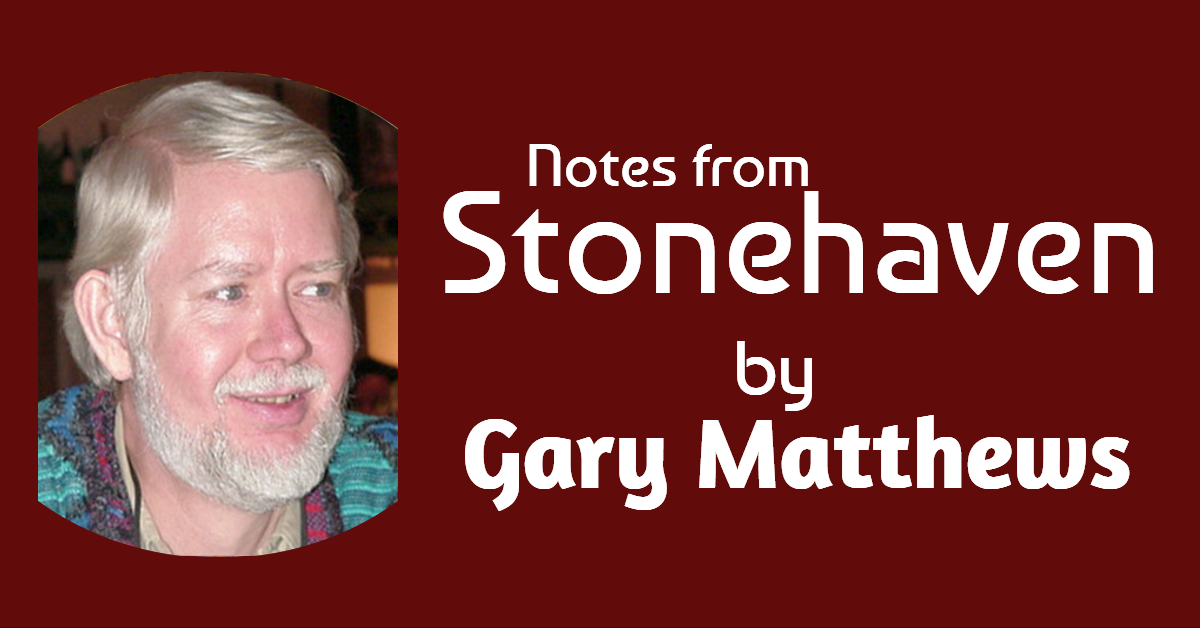Tag: worth1000pictures
-

Three Little Words: A, I, O
Recently I wrote about the word a, some features of which fascinate me. One point I neglected to mention: Alphabetically, it’s the very first single-letter word in English. Which raises a question. (I still can’t bring myself to say “begs a question”, even though descriptive lexicons now sanction this usage.) Said question is, how many…
-

Two Words: A & Apart
The word “a” has several notable features. It’s classified grammatically as an indefinite article. This means it refers to something of which there can be more than one. For example, we’d speak of “a” tall building because there are lots of tall buildings. But we’d say Burj Khalifa (in Dubai) is currently “the” world’s tallest…
-

One Word: Rudyard Kipling’s “If —”
Could Rudyard Kipling’s “If—” perhaps be the longest English poem ever written about a single one-syllable word? Before discussing this, let me confess: Yes, I know how strange a question like this must make me seem, to my beloved readers! Who frets about stuff like this, anyway? The question isn’t important. But like lots of…
-

One Word: 101
As a number, 101 is often assigned to the first, most basic course in a college-level subject. Statistics 101. Political Science 101. Composition 101. For this reason, it also has become, in English, a word – not just a number. It’s now a colloquial way of referring to an idea so basic that it should…
-

One Word: Whisk
Casting about for a write-worthy word, my eyes fell on a whisk broom. “Whisk” – it occurs to me – is a wonderful word. It’s short (I like that), familiar (I like that, too), and vivid, by which I mean it conjures up a bright mental image. (I particularly like that.) Perhaps best of all,…
-

One Word: Portmanteau
A portmanteau is a word formed by combining meaning and partial sounds from at least two other words. Obvious example: smog. A mixture of smoke and fog, the word combines sounds from each. A portmanteau differs from a compound, which combines two complete words. Thus “motorhome” is a compound; “motel – meaning “motor hotel” –…
-

Two Words: Foreword / Afterword
A foreword is a brief introduction to a book or other piece of literature. (Not to be confused with “forward” motion.) There’s no sharp dividing line between a “foreword”, a “preface”, and an “introduction”. You’ll find books (including some of mine) with all three! There also are books with opening commentaries that could justly be…
-
Two Words: Flaunt / Flout
The words “flaunt” and “flout” are sufficiently similar to cause endless confusion. We flaunt our assets when we show them off, especially with the goal of drawing attention and exciting envy. We flout laws or rules when we disregard them, brazenly and blatantly. If we’ve won a huge lottery jackpot, we might flaunt our new…
-

One Word: Jocular
Are you ever jocular in your use of words? Well, you are, if you ever speak in a joking, humorous, playful manner. Till recently, I divided words and their usages into two categories: formal and colloquial. Formal speech follows the strictest rules and conventions. It’s conservative, prim, and proper. Colloquial speech is more relaxed. It’s…
-
And Another Word: The Conjunction You Start Your Sentence With
There’s this idea that it’s wrong to open a sentence with a conjunction. Conjunctions are words like “and”, “or”, “nor”, “but”, “because”, “so”, and so forth. They connect other words, phrases, or sentences. In other words, their function is to conjoin. That’s why they’re called conjunctions. The whole topic can get very complicated: There are…
-
One Word: The Preposition You End Your Sentence With
There’s this idea that it’s wrong to end a sentence with a preposition. It won’t die. But it’s mistaken – the idea, I mean, not the preposition. A preposition is a perfectly good thing to end a sentence with. The notion that one can’t do this is often put forward as a “rule” of English…
-

Can Two Positive Words Ever Be Negative?
How can two positive words produce a negative meaning? Or perhaps more accurately: Is this even possible? Alert reader Mahih Pouryaghma asks about this, prompted by my recent article on “I could/couldn’t care less.” People used to say (and some still say) “I couldn’t care less” to mean “I have no interest in this matter.”…
